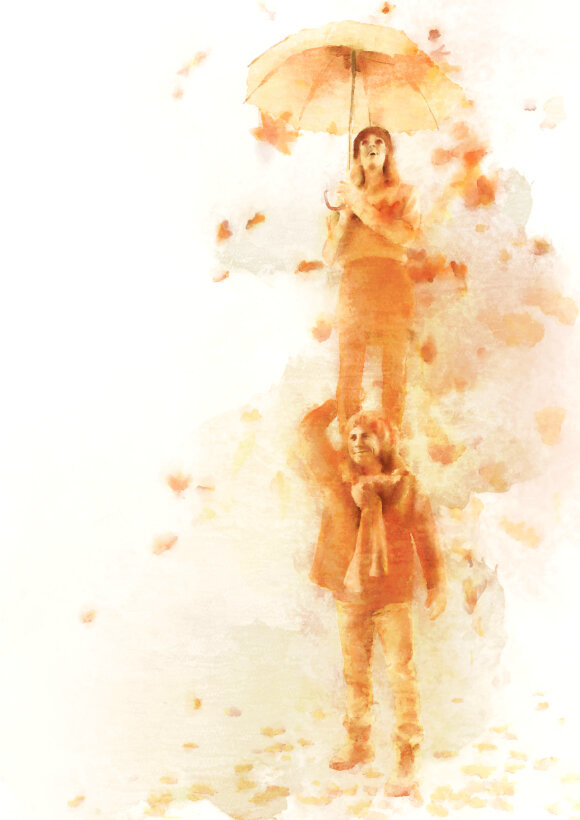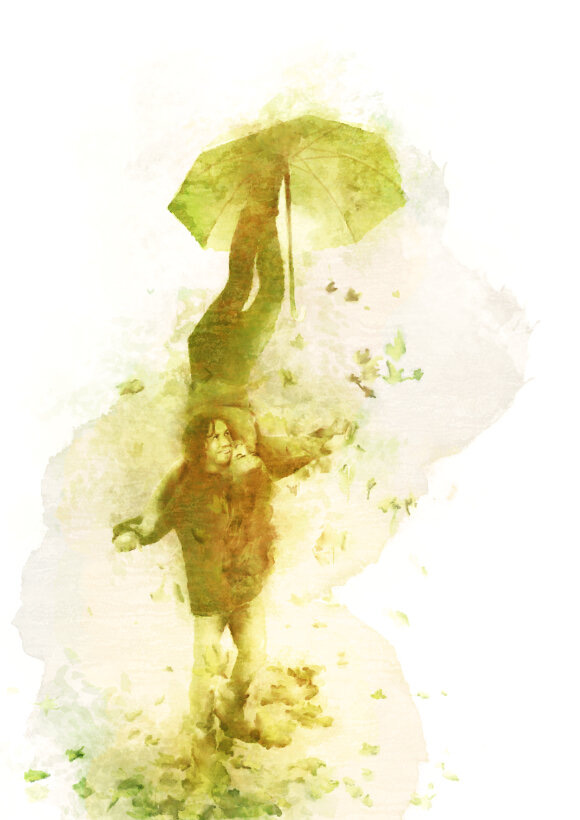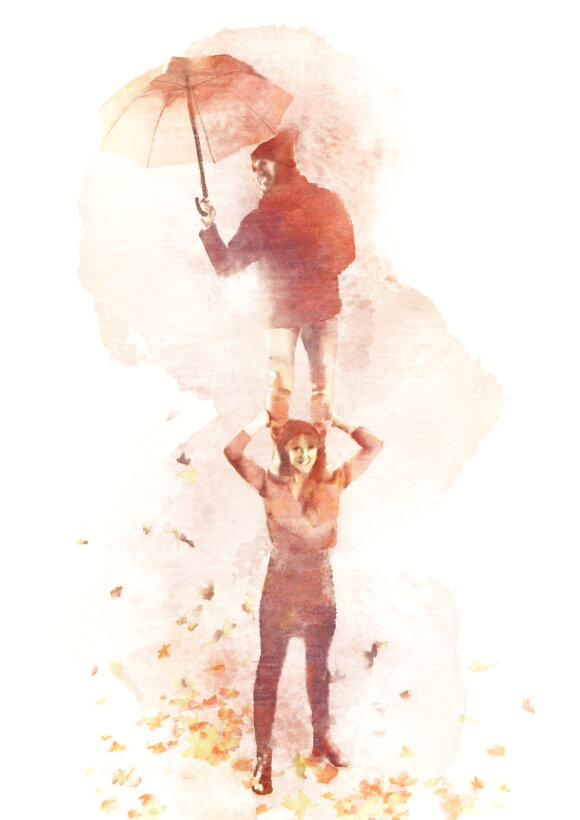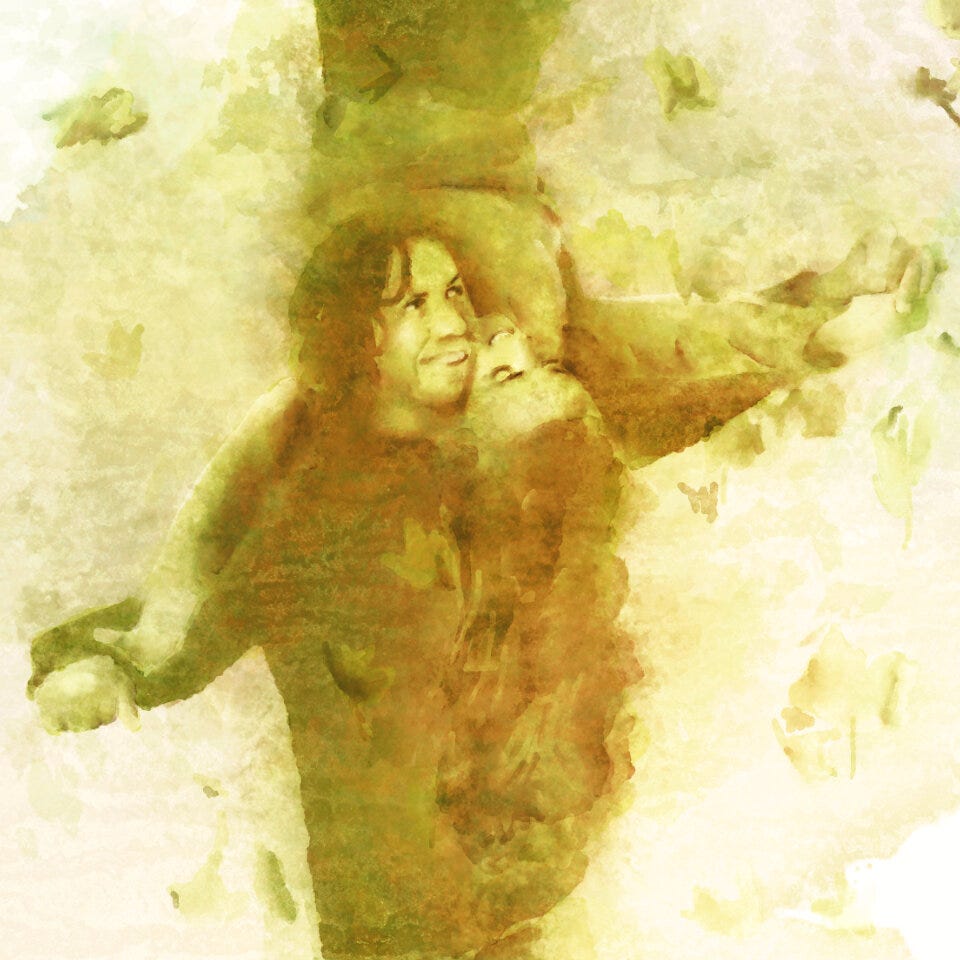Isn’t English a delicious bumble broth?
We’ve got words by mistake (‘gravy’ came about from a typo in ‘grané’).
We’ve forgotten words (how do we get along without ‘tartle’—hesitating while introducing someone because you’ve forgotten their name).
We’ve borrowed words (ski? Norwegian. Shampoo? Hindi).
We’ve concocted new words—gotta love ‘probsolutely’ (definite maybe) and ‘hangry’ (irritable because of hunger).
And, we’ve completely changed what some words mean: ‘silly’ started out as ‘blissful’, a ‘cloud’ was a rock, and ‘to explode’ meant to mockingly clap a performer off a stage!
Throw into the mix a set of higgledy-piggledy grammatical rules (where for every word that conforms, there are 21 that don’t), a myriad of regional dialects and slang, not to mention generational lingo…it’s ever-changing chaos!
I was 7 when I learned that Kiwi English is different to American English.
Picture a kid from small-town New Zealand. In an American airport (specifically, Los Angeles, LAX—you know, famous for their sense of humour). Standing with my Mum, Dad, and brother at an official sort of counter with an official sort of person behind it. And letting all the grownup stuff whoosh over my head until…the official turns to look at me and (oh no) asks me a question.
At least, I think it was a question. Hard to tell when I didn’t understand a single word. Not one. Complete puzzler. I figure I pulled out my patented rabbit-in-the-headlights expression because she repeats it in her lovely American accent (probably about 73 times—still didn’t help) while Mum and everyone else in the airport turns and stares at me expectantly.
“Um… no?”
Yeah, stuffed that one up. Good thing the official did, in fact, have a sense of humour because it turns out she was asking, “are these your parents?” 😨
It’s fine. I got my revenge.
I ended up working for an American company and us Kiwis had an awesome time busting out gems such as ‘sweet as’, ‘have a squiz’, and ‘yeah, nah’. Accompanied by -ising verbs and sprinkling extra letters all over the place. Not to mention going on holiday, swimming in togs, eating biscuits, strolling down footpaths, being chuffed, stoked, gutted, knackered, and doing anything fortnightly.
All said in accents straight from Aotearoa, New Ziland, the Land of the Long Munted Vowel. (Which also made ‘sweet as’ sound like ‘sweet ass’—causing a fair amount of consternation on one side and hilariousness on the other. 😂)
As an artist, here’s the thing that fascinates me. It’s not only images that have the power to evoke a memory or an emotion. Language does as well.
Say the phrase, “burnt offering!” to anyone in my family and they’ll chortle—remembering exactly who would’ve been saying it and what card game we were playing. Call someone an ‘egg’ and it’ll send me straight back to the primary school playground. And it doesn’t matter how many times I fly into Auckland airport from overseas, even more than the black singlets and jandals, it’s the ‘g’day’s, the ‘bro’s, and the casual ‘eh’ tacked onto every sentence that makes me feel like I’m home.
It’s magic.
Except when it comes time to do one particular task: Naming Things.
Ask anyone who’s offered a naming suggestion to a parent-to-be (only to have it vetoed because they once knew a booger-nosed ‘Horatio’ in kindergarten).
Or pet owner who ended up with a Little Black (because as a calf, she was the…erm, little, black one).
Or author who struggled to come up with 4 words to capture the essence of their 10,245-word masterpiece (it took me months!)
Or aspiring creativity coach who procrastinated launching their new idea (because you can’t register a website domain name until you know what it’s going to be called).
Or, artist who painted a new collection and gave 3 of the paintings the title: Fall of the leaf (because…there are lots of falling leaves?)



Well…yes!
But there’s a little more to this story.
‘Fall of the leaf’ is an old term for autumn—it’s where ‘fall’ comes from. Just as spring was known for centuries as ‘spring of the leaf’.
Which brings us to the crux of the matter: Is it autumn? Or fall? Which is correct?!
Fun fact: ‘fall’ isn’t an Americanism at all. 😲
Go back far enough and you’d be using the Old English name for the season, ‘harvest’. Which caused its own chaos because it could mean either the season or the actual reaping of the crops.
So, along came autumn (borrowed from the French) and the poetic ‘fall of the leaf’. Both born in Britain. Both commonly used about the same time.
And the American settlers? They took autumn and fall with them—and also used both for quite some time!
All of which to say, I find ‘fall of the leaf’ delightful.
Delightful in its understated simplicity. Delightful that it overturns a preconceived notion. And, a delightful reminder that not only do things change, we don’t always have to take things seriously!
Just as in the paintings, Jess and Jair, my fabulous models from Freedom2Fly, are simply delighted to be with each other, playing in the falling leaves.

And you know what? Look at that, our different Englishes aren’t quite so different after all.
(Now, if only I had a way to tell that to 7-year-old me…)
Your fellow word nerd,
Ailene
P.S. What about the title of the collection, The Autumn Circus? Should I rename it to The Fall Circus? Hmmm. Perhaps not. While that does have a certain charm, it also sounds like it would involve a lot of banana peels and clowns dashing about with safety mats!




